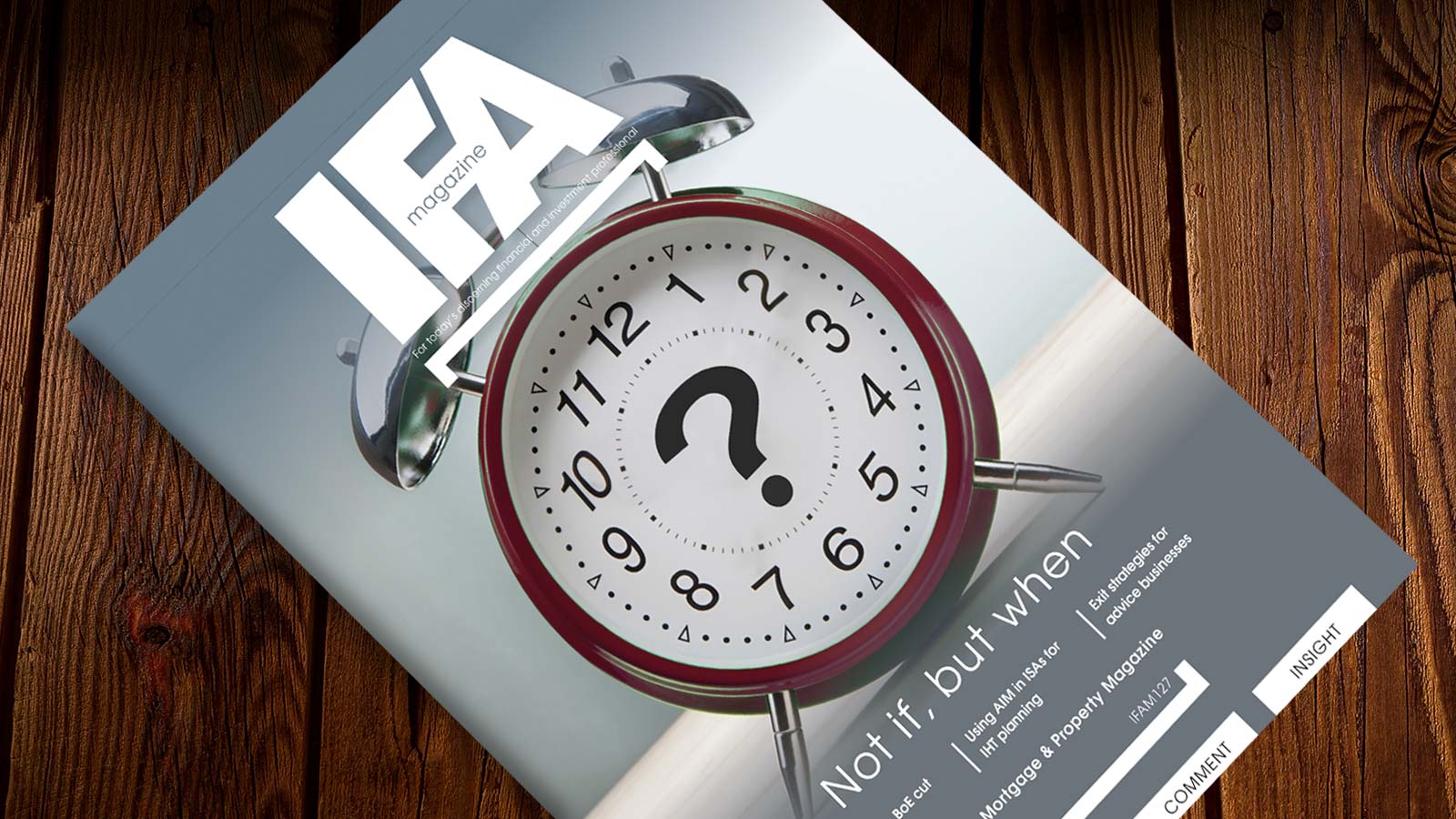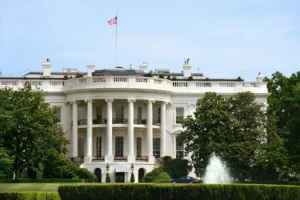Written by Elliot Hentov, Head of Macro Policy Research, EMEA, State Street Global Advisors
In today’s tight labour market, it is difficult to find suitable candidates, so the struggles of the Conservative Party are mirrored across the economy. That said, the labour market is likely to soften a lot over the coming year with a significant rise in unemployment expected – and a similar fate looks likely to befall the new Prime Minister.
The stagflation recession of 2022-2023 will hit household finances hard: household real purchasing power forecast to be lower by year-end 2023 than in 2007 before the financial crisis. It’s hard to overstate how painful this is for the electorate. The Bank of England’s eager response to bring down high inflation will also come at the expense of lower growth, despite the incoming PM’s various fiscal initiatives to help buffer the energy price shock.
Consequently, the combination of economic recession, higher unemployment and lower real wages does not bode well for the political survival of any government. In this regard, we believe frontrunner Liz Truss would not even enjoy the typical political honeymoon period upon taking office, and is likely to end up holding the shortest tenure in office of any Prime Minister over the past half-century before elections in 2024 prompt a change in government.


















